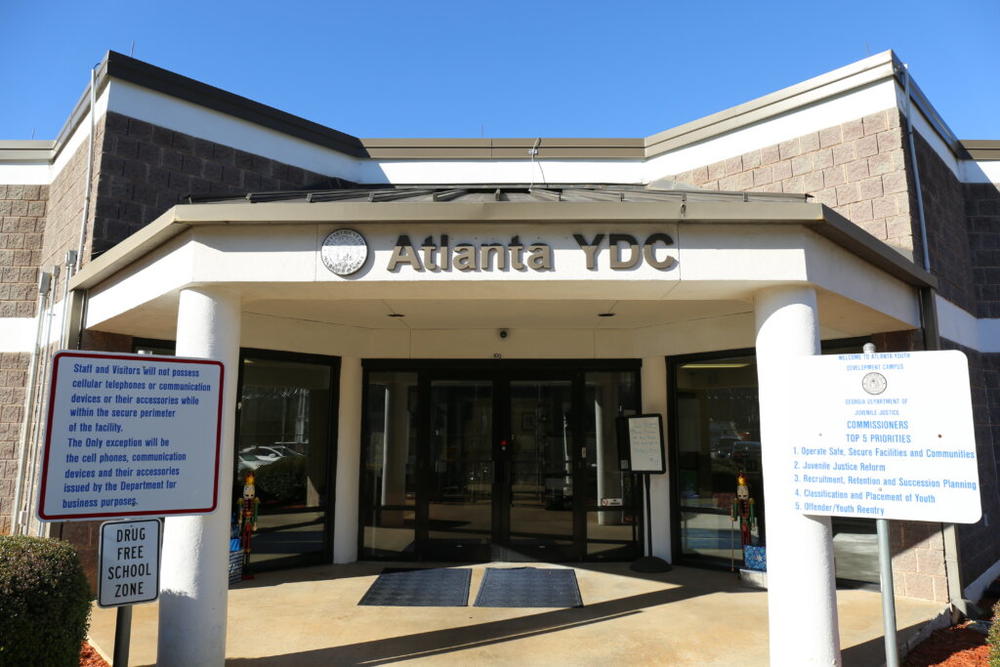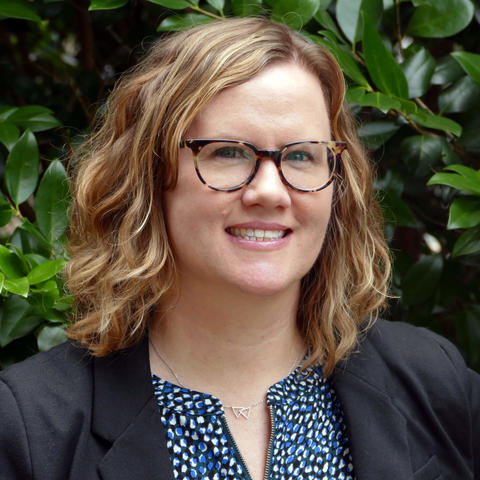
Caption
Going through the juvenile system would grant eligible 17-year-old defendants more privacy than in state superior court – where records are usually available for public inspection — and place them in a more rehabilitation-focused setting, advocates say.
Credit: Georgia Department of Juvenile Justice


